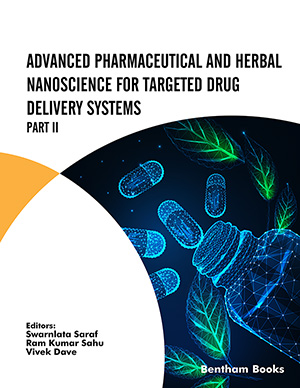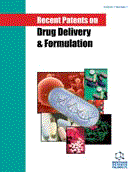Abstract
Colloidosomes have been recognized as drug delivery systems with
significant flexibilities. Colloidosomes are microcapsules having shells of fused
coagulated particles, which are processed by the alignment of colloidal particles at the
oil-water interface. They have adequate mechanical solidity, compatibility and are
capable of encapsulating biologically sensitive materials such as hydrophilic medicines,
insecticides, protein, and aroma and delivering them to the desired location. It displays a
huge potential in controlled and sustained drug delivery of active constituents. The
permeability and dimensions of colloidal particles need to be examined prudently.
Colloidsomes can be diversely applied in several fields like protein delivery, gene
delivery, targeting the brain and tumour. Many scientists have been delighted by the
responsive colloidosomes' ability to successfully deliver drugs to the targeted site
without causing any side effects, particularly anticancer drugs. Encapsulation of herbal
drugs like curcumin, neem oil, quinine, etc., can also be achieved by colloidsomes. This
chapter will cover the various techniques used for the development of colloidosomes
and their classification like patchy colloidosomes, aqueous core colloidosomes,
responsive colloidosomes, and coated colloidosomes, along with their application in drug
delivery.
Keywords: Colloidosomes, Core materials, Emulsion droplets, Responsive colloidosomes, Permeability, Microcapsules.






















